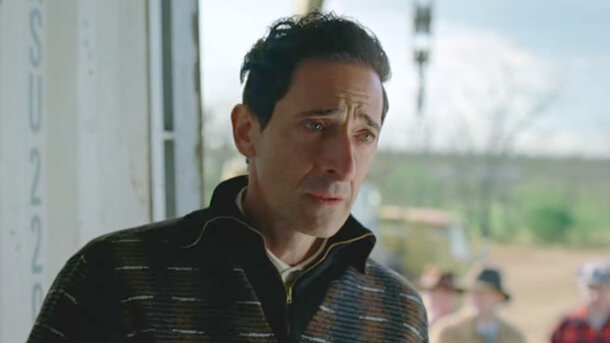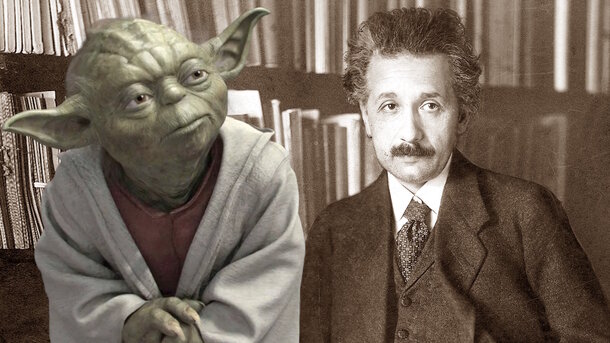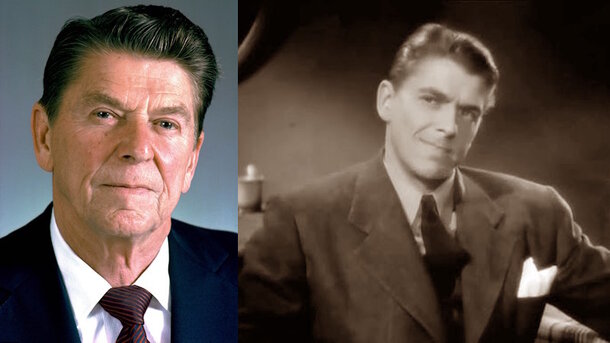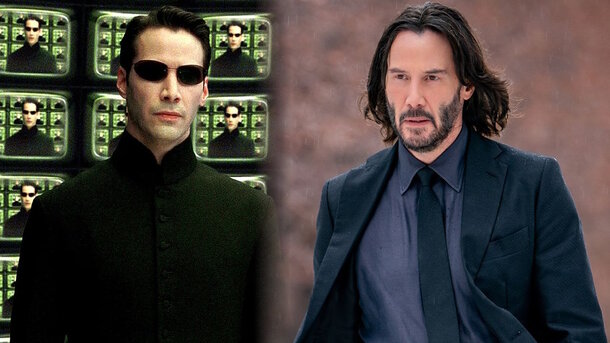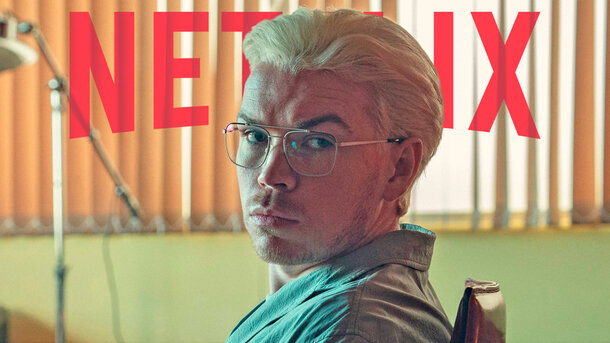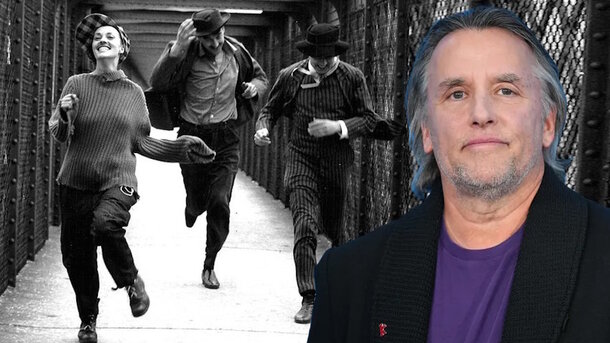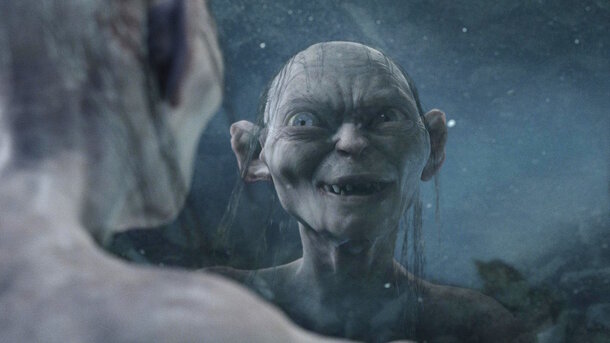The Brutalist crew never imagined that their practical decision to streamline production due to tight deadlines and limited resources could lead to such a backlash. The cast never anticipated that the subtle use of artificial intelligence could spark such a significant scandal. What began as a straightforward solution quickly escalated into a contentious debate.
Actually the cast was accused in altering the Hungarian accents of Adrien Brody and Felicity Jones and in creating certain images for the film’s ending.
Director Brady Corbet and editor Dávid Jancsó were surprised by the public reaction.
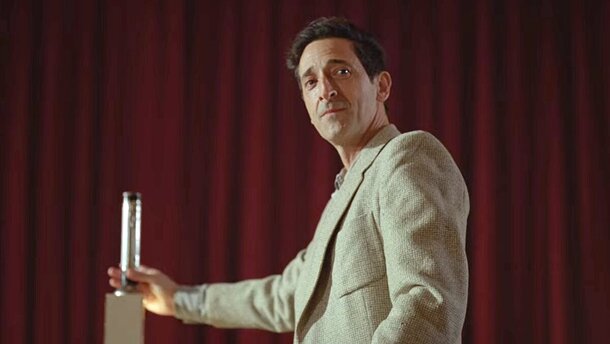
“We thought this little hack would help us save time and money,” Jancsó said, opening up the theme of using AI.
Corbet sadded that they dedicated months to working with dialect coach Tanera Marshall to perfect their accents. The innovative Respeecher technology was applied solely in the editing of the Hungarian dialogue, focusing on refining specific vowels and letters for greater accuracy.
“It was meant to handle details we couldn’t afford to shoot”

Corbet emphasized that the actors’ performances were unaffected.
“Adrien and Felicity worked hard with their dialect coach,” he explained In a statement to Entertainment Weekly.
“We only made small adjustments in post-production to refine certain elements”
The controversy has sparked a larger discussion about how modern tools are used in filmmaking, highlighting the delicate balance between innovation and tradition.Some worry that relying on these tools could compromise artistic integrity. Others argue that such advancements are essential in meeting audience expectations.
The Brutalist now finds itself at the center of a broader conversation about the intersection of creativity and technology in film production. As filmmakers explore new methods to bring their visions to life, the film serves as a case study in how innovation can both challenge and enhance traditional storytelling.
